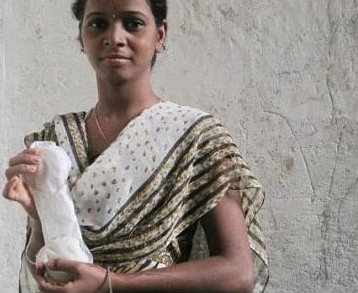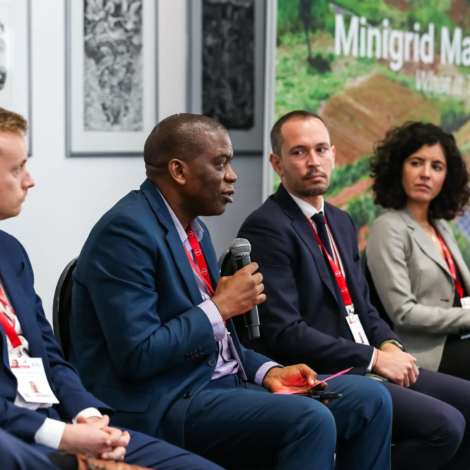Suggested Articles

Period Positivity: Opening the Conversation to Make Allies in the...
General
Did you know that adolescent girls and women menstruate for an estimated total of 7 years in the course of a reproductive timeline of about 39 years? My...
